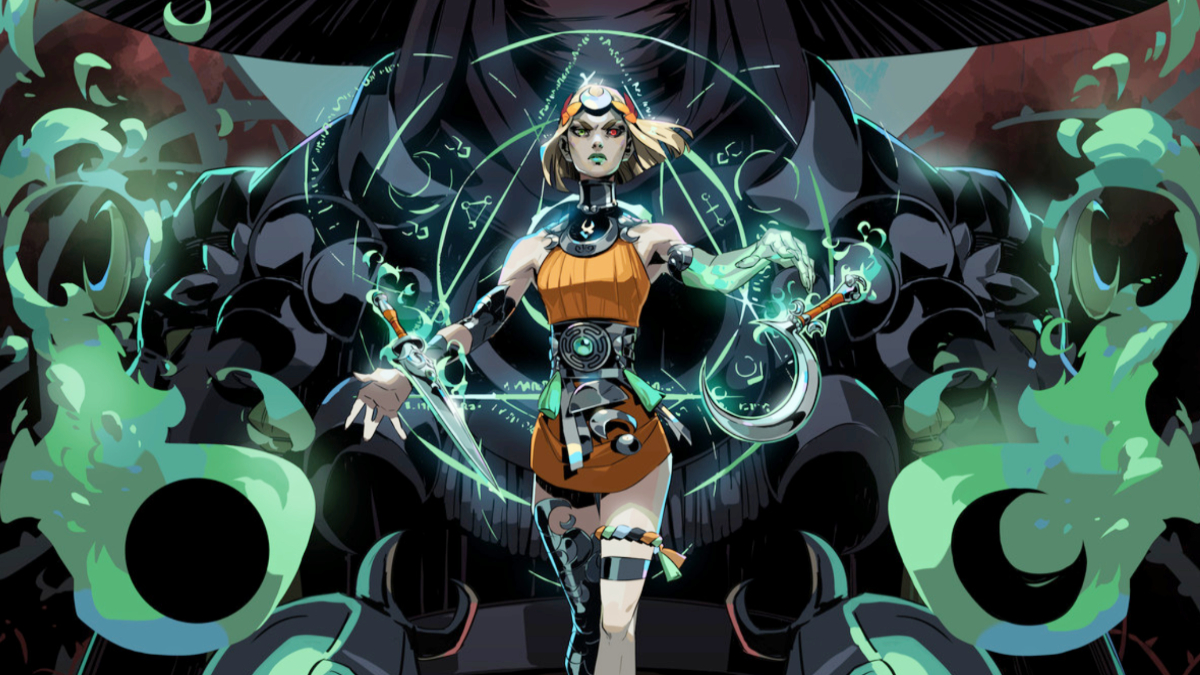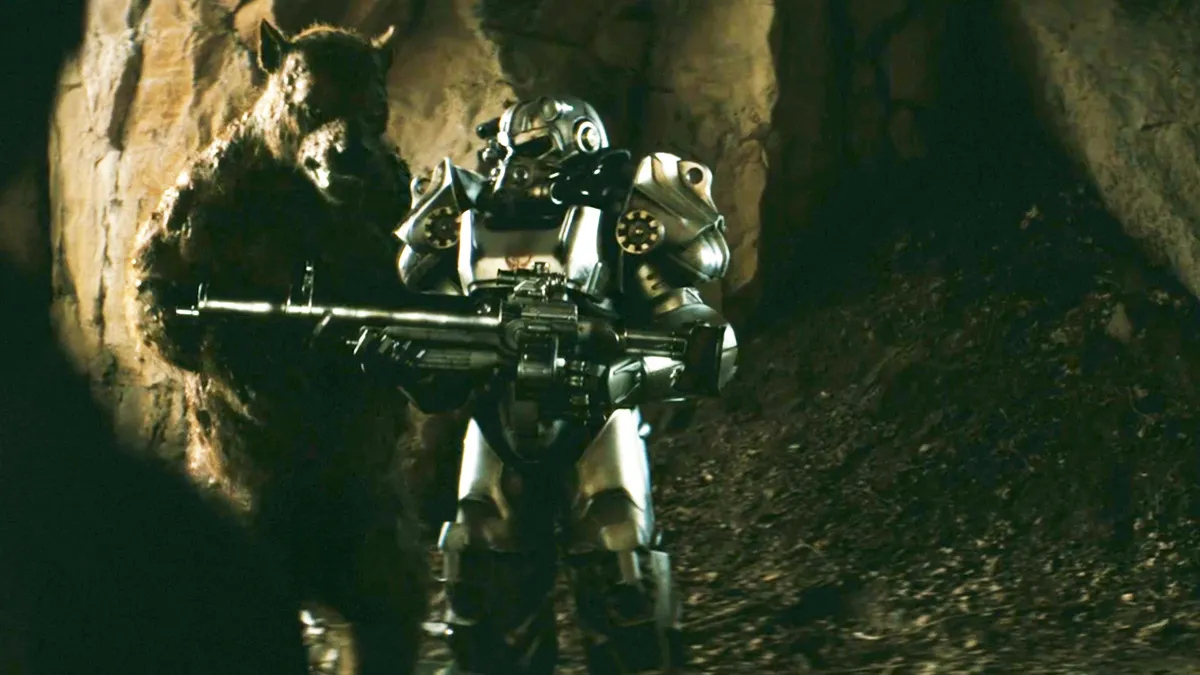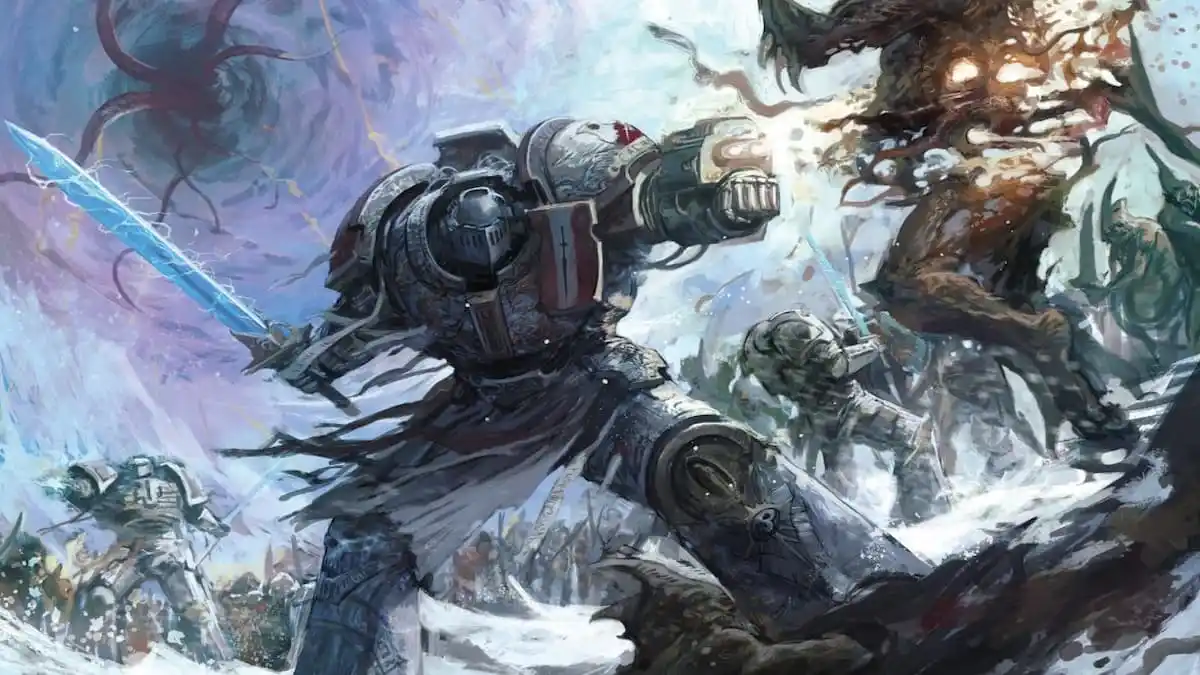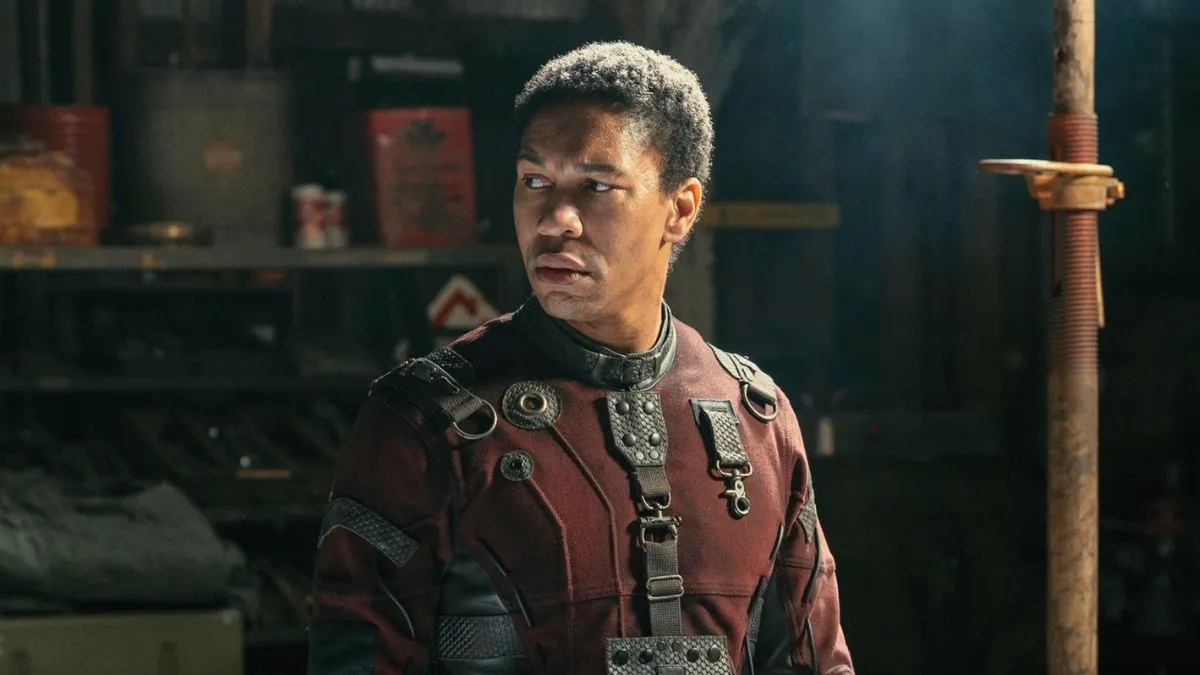If I could give Remedy one piece of advice about their latest cinematic third-person shooter, it’s that the team desperately needed to put a little more time and effort into the game’s overall, ahem, quality control. From top to bottom, for every positive, there’s a glaring negative that derails any goodwill Control tries to build up with the player. Long story short, the Finnish studio’s follow-up to 2016’s Quantum Break may be one of the biggest disappointments of 2019.
What’s truly striking about Control is just how poorly it capitalizes on its terrific paranormal premise. On paper, it all sounds like a surefire hit. A nefarious, clandestine organization? Check. A gargantuan, TARDIS-esque skyscraper that has the power to infinitely bend shape, space and time? Yeppers. A creepy shadow-like adversary, affectionately dubbed The Hiss, that can possess humans and turn them into mindless killing machines? You got it.
Unfortunately, all of this is rendered moot when it quickly becomes clear that the actual story at the heart of the game is incoherent, predictable, and eye-rollingly bromidic. For a studio that has made a name for itself crafting compelling narrative-focused classics like Max Payne and Alan Wake, Control’s shoddy paranormal spiel and uneven storytelling are borderline unforgivable.

Why is a significant portion of the meaningful story hidden in notes that are scattered everywhere? Why can’t I walk around and listen to the audiotapes as I explore the environment? Why is Dr. Darling incessantly prattling on about baffling acronyms in his endless mockumentary videos? Essentially, the myriad of diverse characters that are peppered throughout your journey never really make a lick of sense and function more like cardboard cutouts than an authentic cast.
Thankfully, things do start looking up in the gameplay department. The core third-person shooting gunplay is Remedy’s bread and butter, and the moment-to-moment action fares a hell of a lot better than its incomprehensible narrative. Not only is the shooting snappy and responsive, but there’s also some welcome depth to the weapon customization and upgrade options, along with a few extra paranormal twists to the action-adventure formula to help keep you entertained.
As Director of the Federal Bureau of Control (FBC), Jesse Faden has access to a suite of supernatural powers like levitative flying to lightning-quick dashes. The best of the bunch, though, is a Jedi-esque telekinetic skill which grants you the gift of blasting Hiss-infested enemies with random bits and bobs from the environment. Lifting up the concrete rubble a sneaky adversary has been hiding behind, before launching it back into his daft squishy face is just as satisfying as it sounds. Using both guns and powers in tandem to quash the Hiss threat can be frenetic fun. This third-person action gameplay is undoubtedly where the game shines brightest.

Sadly, Control’s combat can’t quite carry the entirety of the experience for the whole of its 10-12 hour runtime, as the action gameplay does begin to grow too long in the tooth, finally devolving into seemingly endless busywork before the curtains close. You can add in another significant misstep that mires the other half of the gameplay experience, too: Major navigational problems.
For some reason, Remedy thought it would be a good idea to eschew the tried-and-tested, more linear approach of Alan Wake in favor of a bigger, vaster Metroidvania-style design philosophy. Again, on paper that doesn’t sound like a bad idea, but in execution, it’s disastrous to the core experience, as it means that you end up spending large portions of your time lost, backtracking through seemingly indistinguishable corridors as you make your way from A to B. In video games, bigger is not always better. On the contrary, this new “bigger is better” approach seriously injures the fun of exploring the world of Control, which is a mighty shame.
What further compounds the aforementioned navigational issue is a poorly designed map. The FBC’s headquarters is made up of multiple floors, but your map doesn’t distinguish between them. Even though the game may highlight where to go on the map, much of the time your objective will be on a completely different floor. I lost count of how many times I couldn’t figure out where Control wanted me to go next, which was – as you can imagine – very frustrating. And that’s before you begin to touch on the laundry-list of other technical problems, glitches, and tonal issues that plague the title.

Why does the map continuously fail to load properly? Why does the framerate tank every time you open your map, go into the options menu or battle too many enemies? Why is there so much texture pop-in on the signage, posters and tv screens? Why does a super corny heavy metal song jarringly kick in toward the tail end of the campaign? The list goes on and on.
And finally we come to the other major issue that yanks the soul from Control’s frail skeleton: It’s not even remotely scary. Not. In. The. Slightest. The enemy design is unimaginatively bland and the majority of the audio is silence. That’s right, a game about ghosts and the paranormal is utterly devoid of any meaningful atmosphere or horror — it’s mind-boggling! Indeed, this could well be Control’s most egregious sin.
Ultimately, Control is a massive misstep from Remedy. Clearly, the potential was here to craft something truly special. However, this latest offering is merely a shadow of their far superior Alan Wake. For a game about otherworldly spirits and paranormal entities, Control is surprisingly soulless. And that’s soul-crushing, in its own ironic way.
This review is based on the PlayStation 4 version of the game, which was provided to us by 505 Games.






